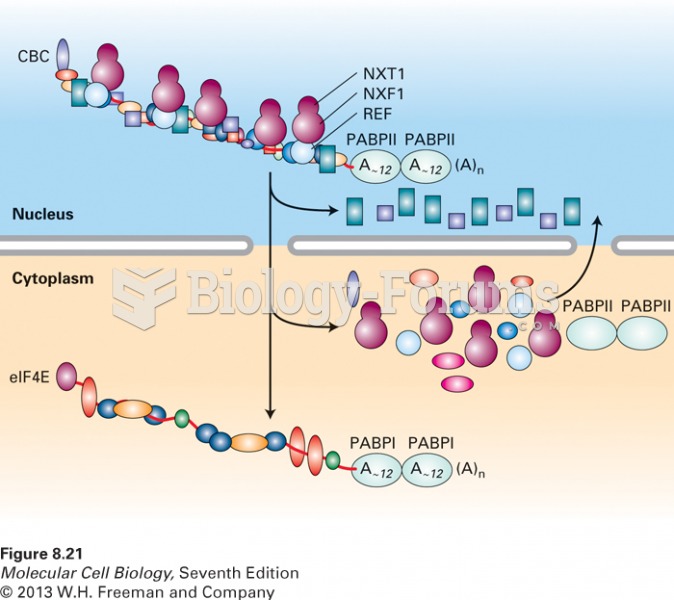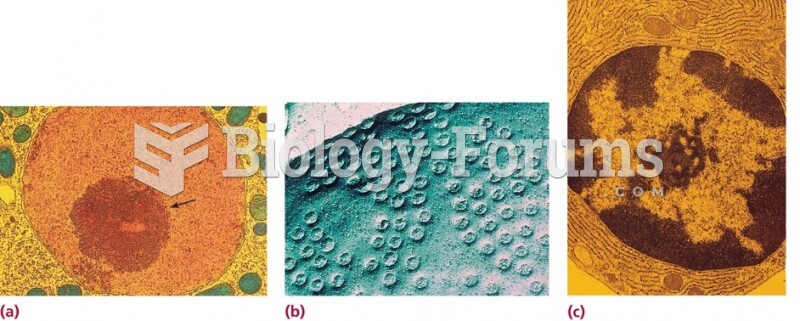|
|
|
Did you know?
Multiple sclerosis is a condition wherein the body's nervous system is weakened by an autoimmune reaction that attacks the myelin sheaths of neurons.
Did you know?
The most common childhood diseases include croup, chickenpox, ear infections, flu, pneumonia, ringworm, respiratory syncytial virus, scabies, head lice, and asthma.
Did you know?
The average office desk has 400 times more bacteria on it than a toilet.
Did you know?
Inotropic therapy does not have a role in the treatment of most heart failure patients. These drugs can make patients feel and function better but usually do not lengthen the predicted length of their lives.
Did you know?
There are 20 feet of blood vessels in each square inch of human skin.
 A close-up showing the recessed center electrode on a spark tester. It is recessed 3/8 inch into ...
A close-up showing the recessed center electrode on a spark tester. It is recessed 3/8 inch into ...
 Stretch quadriceps muscles by bringing the heel of the foot to the buttocks. Hold the stretch for ...
Stretch quadriceps muscles by bringing the heel of the foot to the buttocks. Hold the stretch for ...





